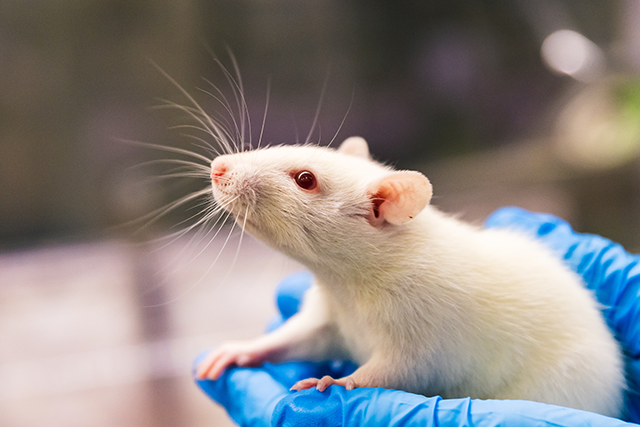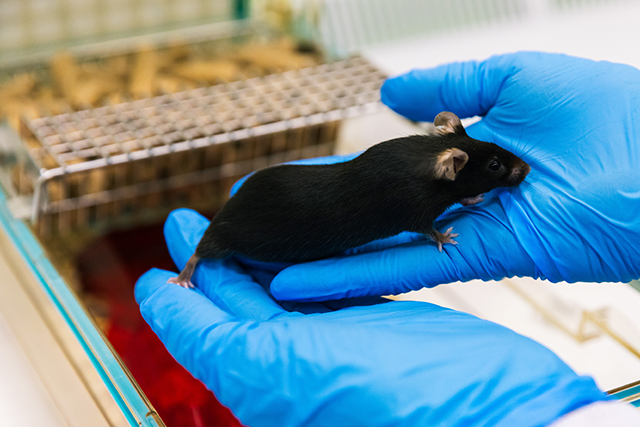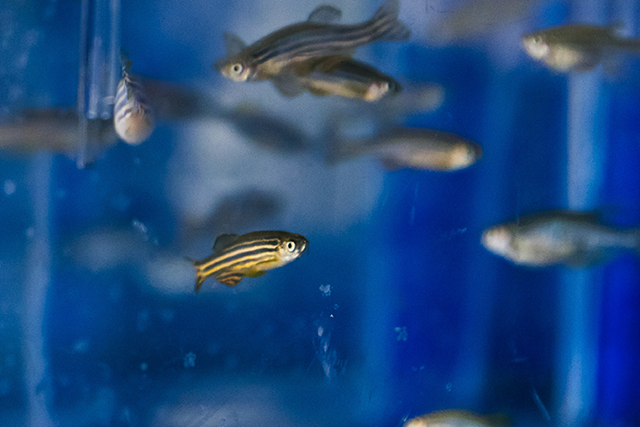Overview
Researchers at the University of Reading are at the forefront of scientific and medical discovery for the benefit of society. Animal research plays an important role in some of our work. While we make every effort to keep their use to a minimum, some research can only take place with the use of animals.
Animal research has been critical to the development of some of the most important advances in medical science. Millions of people worldwide are helped daily by medicines developed using animal research, such as antibiotics, vaccines against diseases, and treatments for asthma, epilepsy and cancer.
We are committed to being open about our use of animals in research. The following information provides facts, background context and further information on the strict policies and practices we use, to help the public understand more about our research involving animals.
You can read our animal research policy, here.






